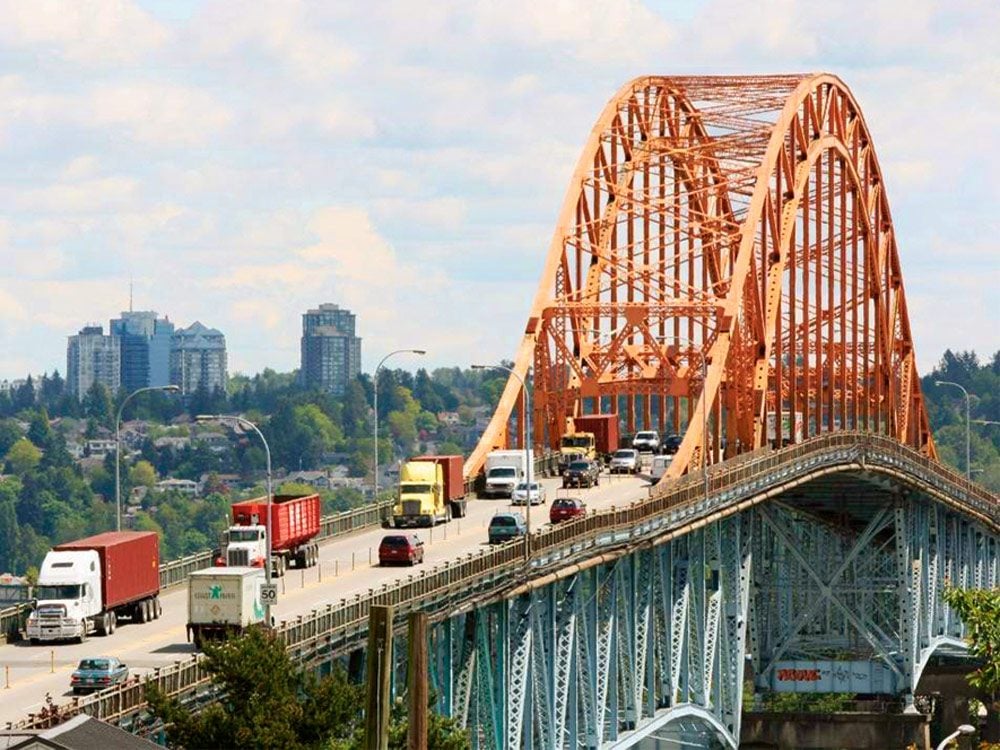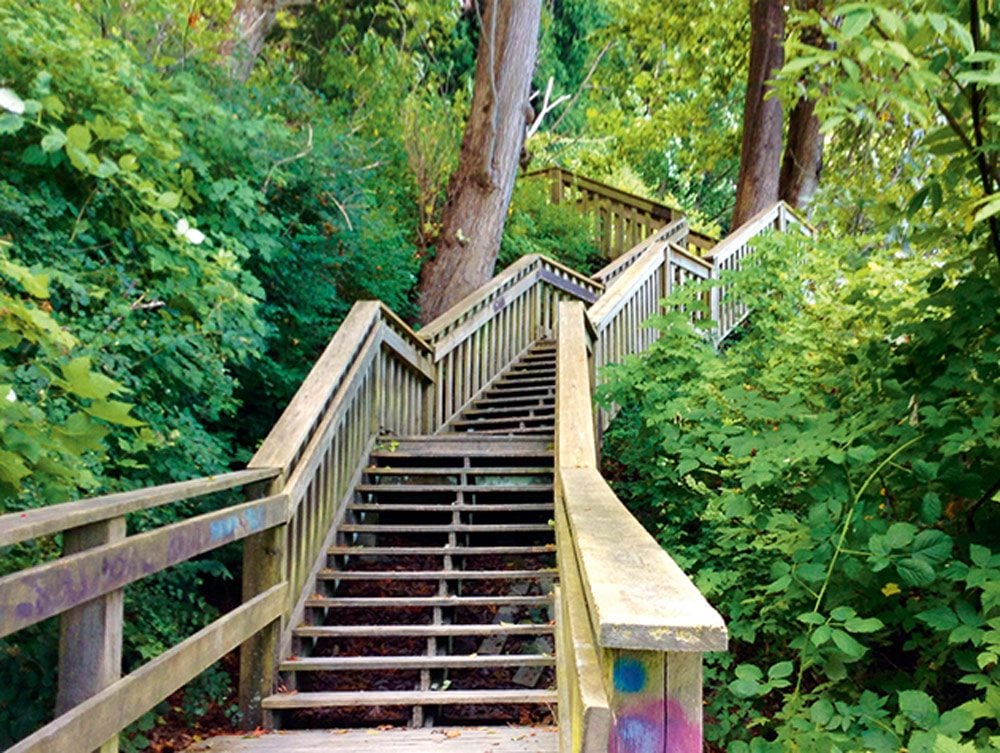
A slice of Surrey
Our family has resided in South Surrey, B.C., since the late 1950s. The landscape back then was much different. The ever-popular Crescent Beach had been a summer retreat for the Vancouver wealthy. The George Massey Tunnel wasn’t opened until 1959, however, making it a long trek to “the boonies” for summer residents. To reach our neck of the woods, travellers had to drive through New Westminster, taking the Pattullo Bridge at a cost of $0.25 per crossing and following King George Highway.
I grew up nearby in the small community of Ocean Park. Actually, the first house my parents built was located a mile away from there, near Crescent Park, but I was too young to store away any memories of that home.
We moved into a small cabin on a friend’s acreage while my parents built what would become my real childhood home. I spent the next 15 years there, providing my father with free labour much of the time. He was of the belief that if you had two arms and two legs, you could (and should) work. For my siblings and me, that meant summer vacations from school were mainly spent doing chores, such as cutting the lawn, using hedge trimmers where the lawn mower couldn’t reach—there were no weed-whackers back then to speed up the process! Everything was done the old-fashioned way—manually. We spent hours pulling weeds by hand from flower beds and vegetable gardens. Berries and fruit were picked for pies, jams and crumbles. We used wheelbarrows and makeshift screens to sift dirt, removing even the smallest pebbles, for use in the garden. We even built picnic tables!
Take a look inside British Columbia’s cowboy culture.

Making our own fun
Still, in spite of all the chores, there were fun times to be had as a child in Surrey. Our playgrounds were backyards, bushes and empty parking lots. Swimming lessons were taught in an outdoor pool on the other side of town. There was an ice rink and a movie theatre in White Rock, three miles away.
We didn’t have sandy beaches like those of Crescent Beach and White Rock nowadays. Our claim to fame was a rock-filled beach found at the bottom of what is now known as 1001 Steps. Back then, the word “steps” was a misnomer for what was actually in place there—a treacherous and often muddy trail cut out of the side of a steep cliff. Parts of it were so narrow, you had to grasp roots and branches to secure safe passage. One section required you to straddle a large drainage pipe with slippery mud on either side. Single file was the only way to navigate the winding cli side. At the top of the trail, you could see some of the original stone steps peeking out from under the soil and brush. According to local history, mail bags were dropped o by train for the few locals who lived atop the steep bluff. Of course, that was well before our time in Surrey and the advent of Canada Post as we know it today.
It was about 40 years ago that new buildings and streets began replacing forested areas and natural greenery. A road that was once a single lane both ways with one traffic light expanded to two lanes each way. Multiple traffic and pedestrian lights now line Johnston Road to keep the steady stream of traffic owing. And the town’s library is now home to a “Living Wall” of plants, adding a touch of greenery. Even with the encroachment of urban sprawl, Surrey will always be in my heart.
Check out the most quirky roadside attractions across Canada!